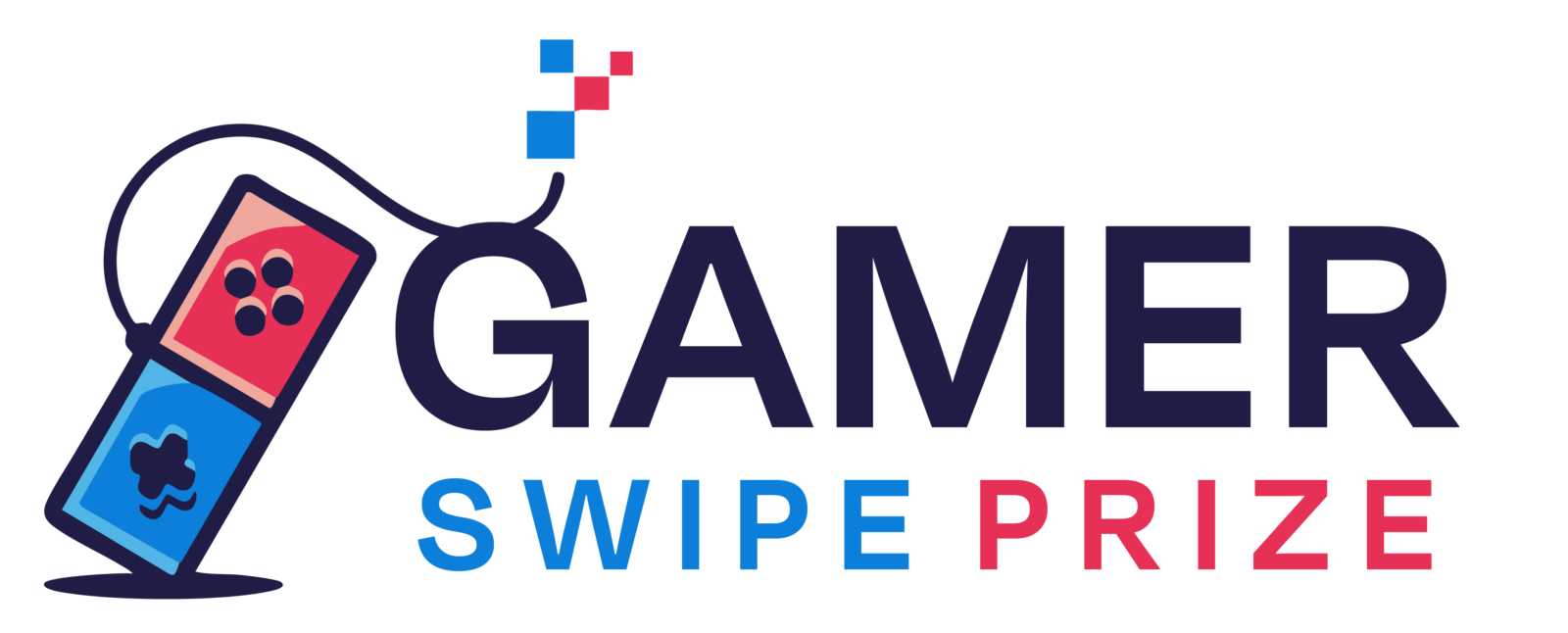What Is 15likporno Really About?
First, let’s be clear: “15likporno” translates in Turkish to “15yearold porn.” There’s no ambiguity here, and no softening of what that implies. We’re talking about content involving minors — which is not just ethically wrong but flatout illegal in most parts of the world. In digital terms, this key phrase functions like a beacon, attracting people skirting the line between fantasy and felonious behavior.
But in many cases, it’s not always pedophiles driving the traffic. Sometimes, the term is used as clickbait, baitandswitch tactics for spammy ad networks, or trap URLs designed to catch predators. Real or not, the phrase is a digital red flag.
How SEO and Search Queries Powered This Problem
Keywords like 15likporno sit within a dangerous gray zone in search engine ecosystems. Trigger terms are often weaponized by malicious actors to harvest traffic. Even though Google and other platforms aggressively remove illegal links and sanitize autosuggestions, bad actors find ways around detection.
Using obscure URL structures, code obfuscation, or mirror sites, these creators dodge filters for a while. And the darker the search term, the more hidden those sites tend to become, diving into the depths of the dark web or obscure proxy chains.
Search engines aren’t always the bad guys. But let’s be real: the algorithm rewards what people search for. If users are entering “15likporno” into search bars, it becomes data. That data drives autocomplete, advertising demand, and even content suggestions—until platforms catch it and scrub it.
Legal Implications: Don’t Think You’re Anonymous
Think Tor or VPN protects you? Think again. Most people don’t understand how much logging still happens at various hops of the internet — VPN providers included. In most jurisdictions, including the U.S., U.K., and EU, possession, distribution, search intent, or uploading material tied to underage porn is a jailable offense.
The law doesn’t care if you “stumbled upon it.” Once that content hits your cache, your device is potentially holding illegal material. Even entering “15likporno” in a search bar can be used to establish digital intent, especially if it’s documented repeatedly over time.
Many governments work with internet service providers (ISPs) to monitor highrisk keywords and behavior. Platforms like Google, TikTok, and Facebook run AI models to spot grooming behavior, share logs with authorities, and permanently ban offender accounts.
The Role of AI Content Filtering
You’d be surprised how much artificial intelligence is at play behind the scenes. From image scanning to realtime flagging, machine learning models eat keywords like 15likporno for breakfast. They flag it, index it, isolate trends, and escalate suspicious traffic to moderators or law enforcement. It’s not just automated takedowns—it’s intelligent surveillance.
Still, AI isn’t perfect. Offenders constantly adapt. They use slight misspellings, code words, and insider slang to stay ahead. Some even bury these keywords deep into image metadata or within multilayered PDFs. It’s a neverending catandmouse game.
Platforms’ Obligation and Weaknesses
Big tech firms are under pressure to police their platforms better. Most do take down illegal content when found. But enforcement varies across platforms. Some only act after user reports. Some flag once but don’t ban. And when content is removed, it often reappears under a new URL or alias hours later.
The problem with terms like “15likporno” is that they ride the line between deterrence and exposure. If monitored properly, it might help authorities catch predators. If ignored, it’s a signal flare for abuse networks to organize and expand.
Why Public Awareness Still Matters
This isn’t just some fringe internet issue. We live in an age where digital children grow up fast — faster than most parents realize. Predators weaponize platforms like Discord, WhatsApp, Instagram, and Telegram to connect with underage users and normalize illegal behavior.
Parents need to talk with their kids about online safety in plain terms. They need to check devices. Use parental tools. Stay curious. No tool will ever replace an adult who pays attention and communicates clearly.
Gen Z and Gen Alpha are fluent in digital dialects. If they see unfamiliar terms like 15likporno, how they respond matters. Laugh it off, look it up, click out of curiosity — every action leaves a trace and frames what algorithms feed them next.
What Needs to Happen Now
- Better education: Teens and adults need accessible info on legal boundaries, digital footprints, and exploitative tactics.
- Stronger AI and human moderation: Keyword detection must evolve to spot obfuscation attempts.
- Global policy alignment: Hosting illegal content anywhere must be criminalized universally, not selectively enforced.
- Publicprivate partnerships: Tech companies and law enforcement need tighter integration and faster takedown protocols.
Every time someone searches 15likporno, it opens a window — into intent, behavior, and platform risk. That window must be slammed shut at every level: user, network, company, and law.
Final Take
The web doesn’t forget. Indexing, caches, IP logs — all of it is tracked one way or another. Searching for, clicking on, or even discussing terms like 15likporno should come with clarity: it isn’t “edgy” or “curious,” it’s a dangerous territory, legally and ethically.
We don’t need to moralize, just be real. This isn’t a topic to ignore or whisper about — it’s one to understand, confront, and erase from the mainstream.




